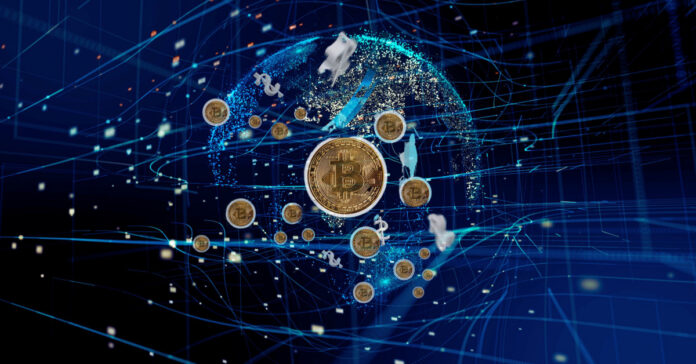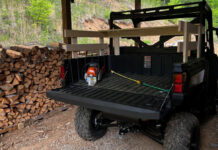I’ve seen the question on Twitter and elsewhere: “Preppers, what’s going to happen to your Bitcoin when the electricity goes off of the Internet crashes?”
The simple answer is that you won’t be able to trade Bitcoin or any other type of cryptocurrency in a world-smashing disaster that eliminates the power grid and/or the internet.
What most people don’t understand is that your crypto does not disappear. It will be right there in your wallet forever. You just won’t be able to get to it.
You won’t be able to access it or trade crypto until some kind of network is up and running and there are multiple nodes for your particular coin, which might never happen again. If things slowly recover and a decade later someone restarts the network and a few nodes, what are the odds that you still have your wallet or the seed words necessary to recreate it? If you locked them in your safe deposit box, will the bank still exist? Will you remember to grab your Trezor or other hardware wallet when you bug out? If so, will you still have it ten years later, and will you remember your password?
During the crisis, I think a couple gold coins, some silver eagles, and a few rolls of pre-1965 quarters will be of more use than a million dollars in inaccessible crypto.
Crypto Pros and Cons
I am not against cryptocurrency. I am especially interested to see how it performs over a couple years of inflation. It might be a great store of value during an economic collapse. It might outperform gold as a way to preserve your wealth during a period of social and economic unrest. In a collapse, it may be easier to spend than silver. It is also easier to bug out with a thumb drive than 20 pounds of gold and silver.
Unfortunately, crypto has several cons. If you store it online, it can be hacked, stolen, or you can get locked out of your account. If you store it in a paper or hardware wallet, that can be lost or destroyed. (Who knows what an EMP will do to your hardware wallet or your thumb drive.) As discussed above, you need a functioning network to access it and trade it.
Gold and Silver Pros and Cons
Silver and gold are a store of wealth and a monetary unit that existed before electricity and will continue to exist even if the Internet does not. Two parties can trade it in a fancy shop or on a dirt road in the middle of the forest.
Most preppers, myself included, consider silver to be a good candidate for post-collapse monetary unit. Junk silver, sometimes also known as constitutional silver, is a known entity. It’s recognizable and identifiable to just about any American and has a guaranteed silver content. A pre-1965 silver quarter has 2.5 times as much silver in it as a pre-1965 dime, so it’s easy to make change. (Like pieces of eight, I think it is possible that people will cut dimes in half.)
You want to buy a dozen eggs? Maybe a silver dime, which contains 2.5 grams of silver, will do the trick. You want to buy a chicken for the pot? It might cost two silver quarters. You want to buy a young pullet that will lay an egg 250 days a year? That might require a silver dollar or more.
Under this monetary scenario, gold will be rarely seen. If you want to buy pregnant cow, a riding horse and tack, or something else with a high value post-SHTF, that might require gold, but day-to-day transactions are likely to be in silver.
From a bugging out standpoint, silver is heavy. $10,000 worth of silver at today’s prices is going to weigh more than 25 pounds. $10,000 in gold, however, is going to weigh just five or six ounces. If you want to escape with your wealth, gold is good. If you want something of value to spend on day-to-day necessities during an economic collapse, silver is the way to go.
Recommendations
This is what I said in a July 2020 post when asked if preppers should buy precious metals:
Yes, but only after you have invested in and taken care of the big three: food, water, shelter, plus the next three: self-defense (guns and ammo), first aid, and communications. In other words, new preppers who only have a few months of food and a bug out bag can probably find more valuable things to spend their limited prepper budget before they buy any precious metals.
I stand by that answer and it applies double to crypto. I would buy silver and some gold before I bought crypto. (Keep in mind, this advice applies to prepping, not investing.) I would buy many other preps and useful preps before I bought silver. I would want to have a couple hundred dollars face value of junk silver before I would buy gold and several ounces of gold before I bought crypto.
“You can’t eat gold” is another of those oft-quoted prepper phrases. It applies to crypto as well. In a world-ending disaster, gold or silver is going to be more useful in buying something to eat than inaccessible Bitcoin, Ether, or Dogecoin.
I have no problem if you already own crypto for investment purposes or if you want to buy some because you think it’s the hot new thing, but don’t use prepping as an excuse to buy it.
If you enjoyed this article, check out Precious Metals for Preppers.







